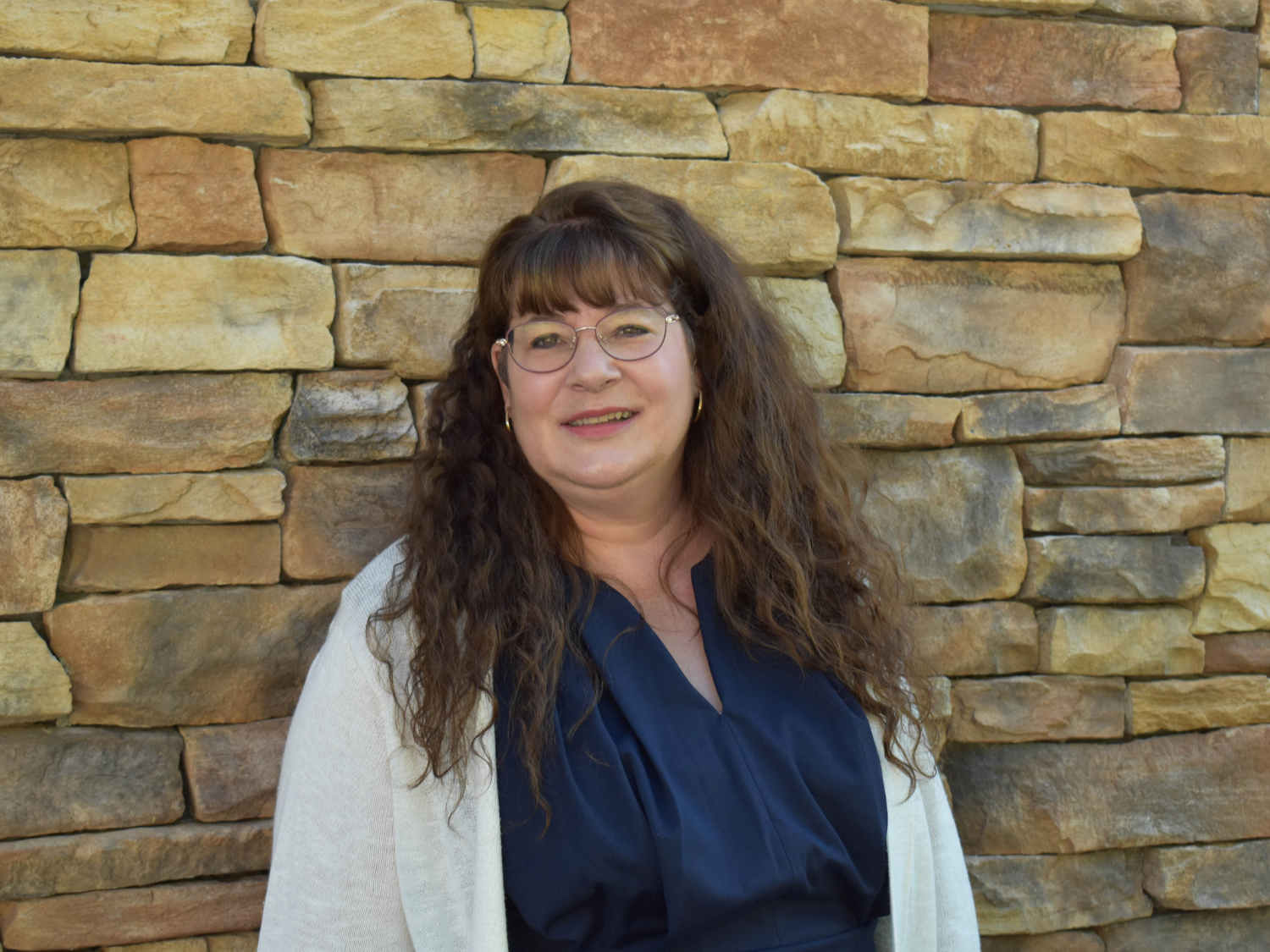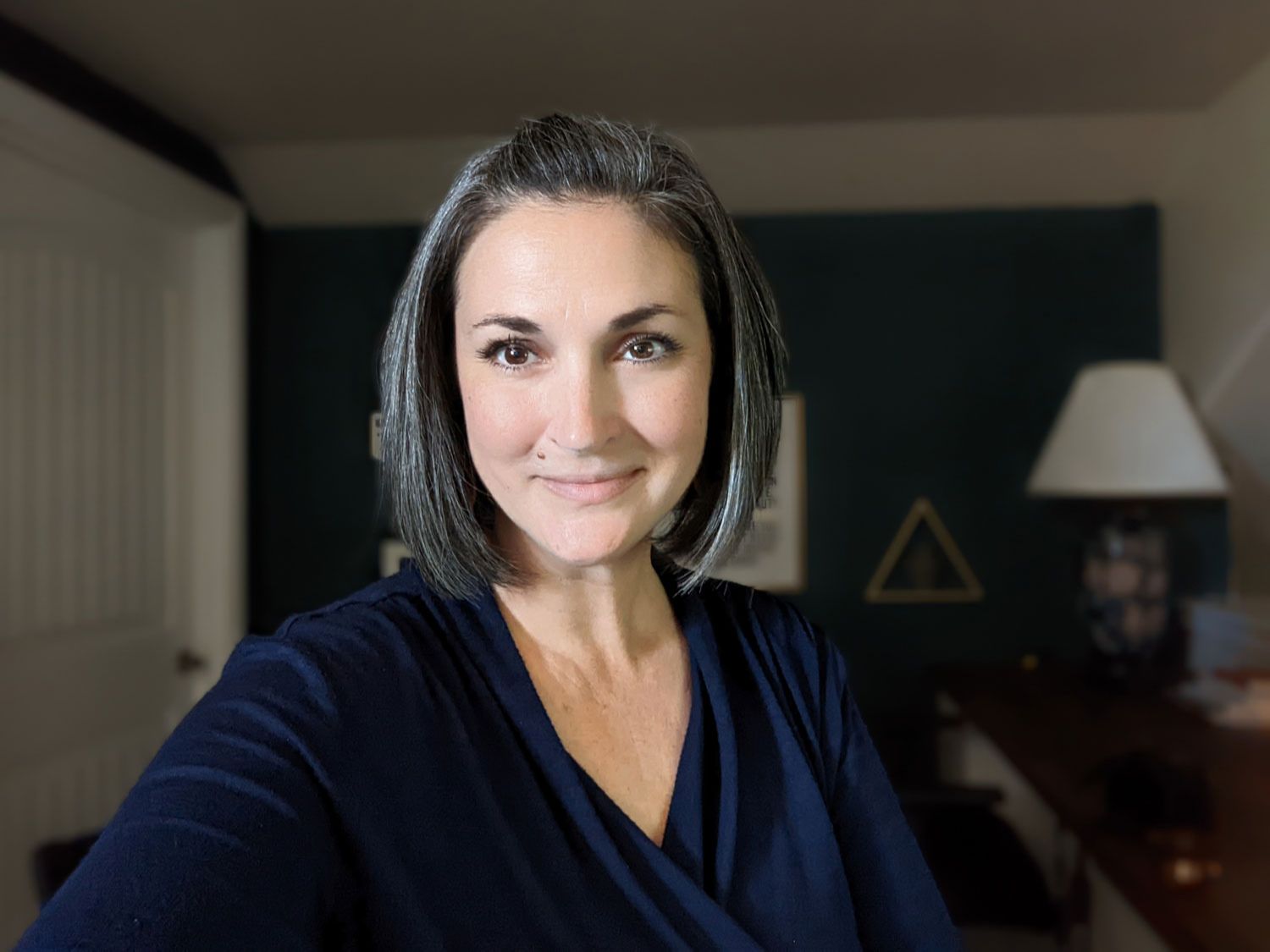Wellness At Work
for Healthcare Executives
Foster a Healthier and More Inclusive Work Environment
A curriculum series that establishes a clear connection between implementing wellbeing initiatives and achieving the quadruple aim.
Learn MoreWorkplaces can be reimagined as spaces that promote well-being and improve patient care!
Ignite the transformation of your workplace into a haven of well-being! The Office of the US Surgeon General's evidence-based framework unlocks the key to employee flourishing, offering five essential components rooted in the universal human needs we all share. Through collaboration with every worker, we can create spaces that prioritize diversity, equity, inclusion, work-life balance, purposeful engagement, meaningful connections, and growth opportunities. Unleash the power of this framework to revitalize your organization, nurturing the mental health and well-being of your valued employees. Let's reimagine your workplace as a thriving hub that promotes well-being for all, while simultaneously improving patient care.
BRIDGE THE GAP
You Can Drive Positive Change
Essentials for Workplace Mental Health & Well-Being
- Protection from Harm: Prioritize workplace physical and psychological safety, enable adequate rest. Normalize and suppor tmental health. Operationalize DEIA norms, policies, and program.
- Work-Life Harmony: Provide autonomy over how work is done, establish flexible and predictable schedules, increase access to paid leave, and respect boundaries between work and non-work time.
- Mattering at Work: Provide a living wage, engage workers in workplace decisions, build a culture of gratitude and recognition, and connect individual work with the organizational mission.
- Connection & Community: Create cultures of inclusion and belonging, cultivate trusted relationships, foster collaboration and teamwork.
- Opportunity for Growth: Offer quality training, education, and mentoring, foster clear and equitable pathways for career advancement, ensure relevant and reciprocal feedback.
- Diversity, Equity, Inclusion & Belonging: Prioritize workplace physical and psychological safety, enable adequate rest, normalize and support mental health, and operationalize diversity, equity, inclusion, and accessibility (DEIB) norms, policies, and programs.
INTRODUCING
Wellness At Work for Executives
One appealing aspect for C-suite leaders is understanding the return on investment (ROI) associated with well-being initiatives. Numerous studies and real-life examples demonstrate the potential to decrease lost productivity, absenteeism, and turnover while increasing employee retention and satisfaction. By investing in the NEON curriculum, C-suite leaders discover evidence-based strategies that yield tangible benefits for their organizations.
Join the NEON Wellness at Work for Executives curriculum series and applied learning sessions to ignite a transformation in the healthcare industry's work environment. Engaging C-suite leaders is a crucial step toward fostering a healthier and more inclusive culture. These leaders, as advocates for their organizations, strive to meet industry standards and achieve best practices. By participating in this comprehensive curriculum, they gain valuable insights into overall employee well-being, positioning their organizations as leaders in the field.
The NEON curriculum series establishes a clear connection between well-being initiatives and improved patient care. C-suite executives, focused on quality and patient satisfaction, understand the financial impact of these factors. By creating an inclusive and belonging environment for employees, organizations foster a positive workplace culture that translates into enhanced patient care and satisfaction. The curriculum equips C-suite leaders with the knowledge and tools necessary to leverage employee well-being as a catalyst for improved outcomes.
The Wellness at Work for Healthcare Executives curriculum series bridges the gap between current practices and industry best practices. C-suite leaders gain a deeper understanding of ROI and the potential financial benefits of employee well-being initiatives. By aligning well-being with better patient care, the curriculum empowers C-suite leaders to drive positive change, create inclusive environments, and enhance the overall success of their organizations. Don't miss this opportunity to transform your organization and lead the way in employee well-being. Join us now and be at the forefront of positive change in healthcare.
GUIDING PRINCIPLES

Diversity
Diversity is a fact, representing the rich tapestry of perspective and experiences that make our organizations thrive.

Equity
True equity is a choice, one that requires deliberate actions and intentional strategies to level the playing field for all employees.

Inclusion
Inclusion, the active pursuit of creating a sense of belonging for every individual, is where the transformative power of DEIB comes to live.

Belonging
Belonging, an outcome that empowers individuals to contribute, connect, and flourish within the workplace.
Reference Credit: Arthur Chan

Curriculum Structure...
- Weekly 90-minute live Zoom Sessions guided by expert Facilitators.
- Optional weekly 60-minute Practical Application Worksessions with professional Coaches.
- Access to a rich set of online resources including learning session recording, strategy planning and skill implementation tools, core concept tip sheets, and more!

What's Included in the Series...
The Evidence and the Need for Change
Module 1a: Grounding in the Evidence
Module 1b: The Business Case for Change
Module 1c: Health Oriented Leadership
Employee Engagement and Empowerment
Module 2a: Organizational Justice
Module 2b: Organizational Resilience
Understanding & Integrating Trauma Informed Care
Module 3a: Elements of Trauma Informed Care
Module 3b: Centering the Workforce in Trauma Informed Organizations
How to Take Action as an Executive Leader
Module 4a: Leading Inclusively
Module 4b: Developing Healthy and Effective Teams
Tools & Strategies for Systems Change
Module 5a: The Water of Systems Change
Module 5b: Leading Complex Change
Module 5c: Engaging Your Full Organization
Wellness at Work for Healthcare Executives
Choose the Course That Works for Your Organization.
The Evidence and the Need for Change
Module 1a - 1c
Standard Price
$525
Discounted to $150 for early adopters.
April 2, 9, 19, 2024 - 11:30am to 1:00pm PST.
Employee Engagement and Empowerment
Module 2a - 2b
Standard Price
$350
Discounted to $100 for early adopters
Understanding & Integrating Trauma Informed Care
Module 3a - 3b
Standard Price
$350
Discounted to $100 for early adopters
How to Take Action as an Executive Leader
Module 4a - 4b
Standard Price
$350
Discounted to $100 for early adopters
Tools & Strategies for Systems Change
Module 5a - 5c
Standard Price
$525
Discounted to $150 for early adopters
More Dates and Times Coming Soon
What Participants Are Saying
"The safe place to share and learn from one another in groups was very meaningful. We don't often have time to collaborate with other professionals outside of our day to day scope of practice. It's nice to have outside perspectives and know that we have support."
- Anonymous
"I appreciate the situational examples as it makes it even more relatable for me. "
- Anonymous
"I really liked the very objective way of creating an equitable process for determining where someone coming in, lies on the pay scale."
- Anonymous
Meet Your Instructors
Lisa Ladendorff is the Founder and current Development and Training Director of Northeast Oregon Network, a health collaborative serving the state of Oregon. She was instrumental in designing and implementing the NEON Pathways Community Hub, one of the only rural hubs in the nation. She provides training throughout the region on mental health, addictions, workforce wellbeing, and other topics relevant to the health and social service sectors.
Prior to working at NEON, she served as the local public health administrator in Union County, and a member of a team CEO model. Lisa has completed the Northwest Center for Public Health Practice Leadership Institute and the UCLA Health Care Executive Training Program. She is the 2016 National Health Network Leader, recognized by the National Cooperative of Health Networks. She has a BA in Political Science from the University of Arizona, and a Masters in Social Work form Walla Walla University.

Lisa is a member of the National Association of Social Workers, the American Public Health Association, the Society for Human Resource Management, and the American College of Healthcare Executives. She serves on several local boards, and is a current board member of the Nonprofit Association of Oregon.
Susan Fischer-Maki is the Founder and Principal Consultant of Common Thread Consulting. She spent the first ten years of her career in direct service roles before stepping into system-level innovation. Her work as an educator and social care navigator prepared her to uniquely understand the complex challenges staff and leaders face each day working on the front line of care delivery.
For the past decade, Susan has served in leadership positions that empowered consumers, practitioners, and policy makers to collectively impact community health. Her most recent work focused on building connections between stakeholders seeking to improve conditions vital to health and wellbeing–bringing stakeholders to the table in meaningful ways as they set common visions and implement innovative models of collaboration.

Susan has served as the Director of Community Benefit Initiatives for AllCare Health; Early Childhood System Facilitator for Jackson and Josephine Counties; Owner of an Early Care and Education Center; and a teacher at the early childhood, elementary and community college levels.
Susan received a M.Ed. from the University of California, San Diego, and a BS from University of Oregon. She currently serves as the Vice Chair for both the 211info Board of Directors and the Three Rivers School District Board, as well as the Immediate Past Chair for the South Coast Early Learning Hub, the Oregon Infant Mental Health Association, and Healthy Families of Southern Oregon.
Susan lives in Grants Pass with her husband and two children where they spend time floating the river, playing board games, and any other activity that brings them together with family and friends.
Frequently Asked Questions About Our Trainings
How long is each module session?
Are these session online or in person?
Do I have to take all the learning sessions or can I pick and choose?
Cancellation & Refund Policy
Workplace resilience is a dynamic interactive process within and between the person and their environment that promotes positive adaption to adverse events and restores well-being.
This project is supported by the Health Resources and Services Administration (HRSA) of the U.S. Department of Health and Human Services (HHS) as part of an award totaling $2,280,666 with 0% financed with non-governmental sources. The contents are those of the author(s) and do not necessarily represent the official views of, nor an endorsement, by HRSA, HHS, or the U.S. Government.
